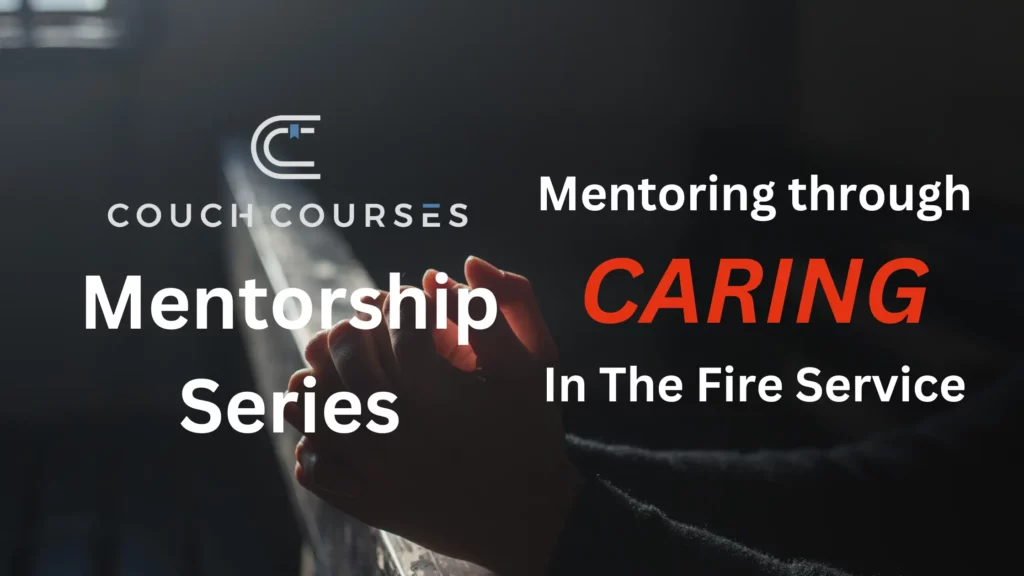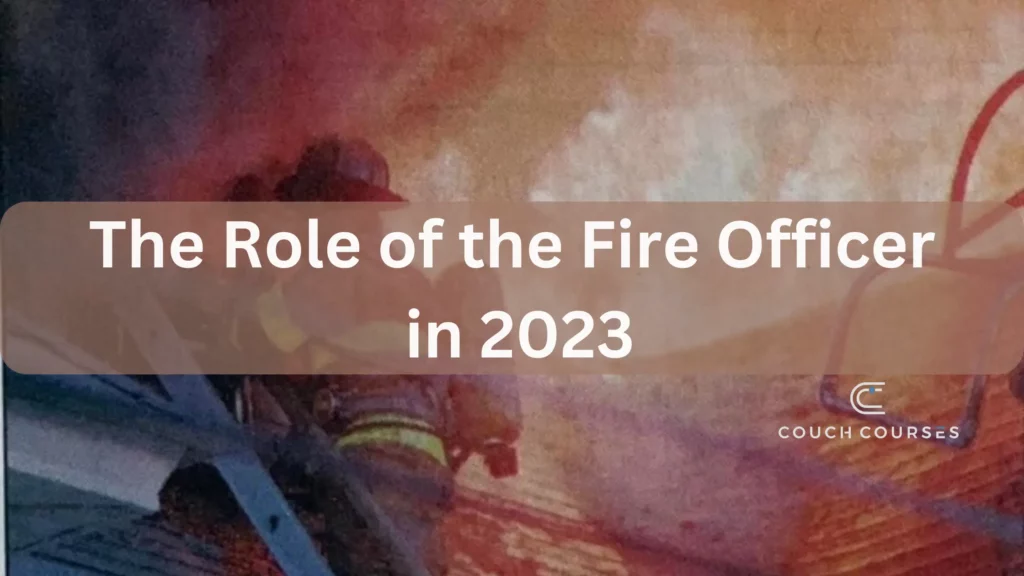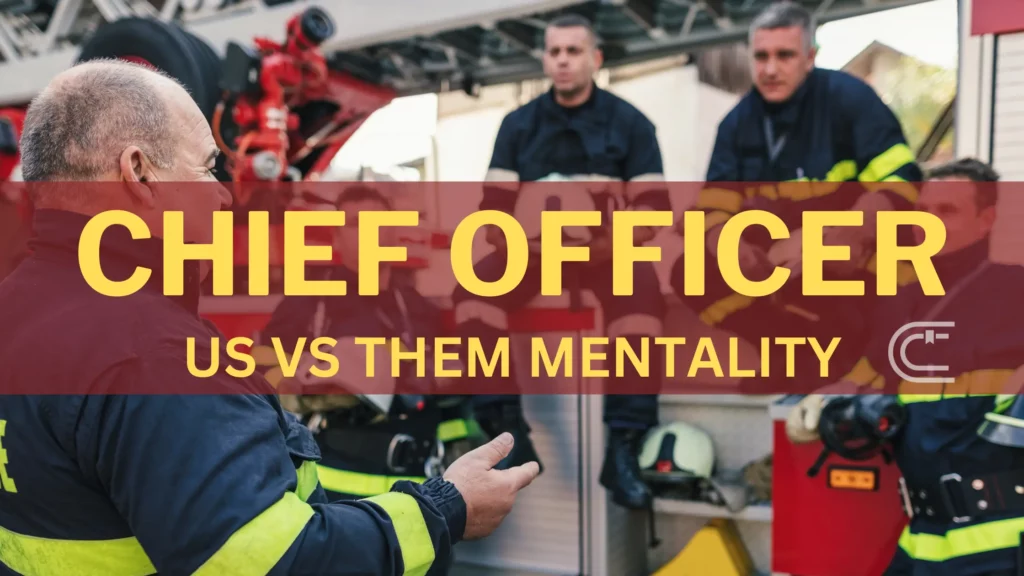Mentoring Through Caring

Mentoring through caring – Mentors need to show they care, not just say they care. There’s an old saying, “People don’t care about how much you know until they know how much you care”.
There are three key elements to Mentoring through caring:
- Active listening
- Ministry of presence
- Confirmation Bias
Active (Non-judgmental) Listening
One of the key foundations to mentoring someone else is being a good listener. But when you’re listening, you need to do it in a way that does not judge the other person. We call this active non-judgmental listening.
Slow down
I can’t tell you the number of times when I was in a hurry, and I didn’t set aside the time to listen to a loved one or an employee that may be going through something. I wanted them to get to what they had to say quickly, and I may have even cut them off in the desire of expediency. I know without a doubt that whether it was my wife, my children, or one of my staff – they did not feel like I cared at that moment.
I’ve had that done to me numerous times over my career where I had to share something with one of my supervisors and it seemed like in that moment something else was more important to them.

Don’t interrupt
How do we show someone they are important in that moment? That we’re listening to what they have to say.
First and foremost, do not interrupt them while they’re talking. When you interrupt somebody while they’re talking or react to what they’ve said, you in essence are telling them you’re not listening.
Years ago I took a class on active listening. One of the things the instructor did with us was force us to wait 10 seconds after somebody spoke before we reacted. It was difficult sitting there having to wait those 10 seconds. I already thought I knew what that person was trying to say and had my response before they finished, which is crazy.

Staying focused by removing distractions
In our society today, we are so busy and consumed by so many things. We are distracted by electronic devices like our computers and phones. It feels like the last thing we spend time doing is listening to somebody. Listening in a way that communicates that you care for them, and they’re important in that moment.
A great practice of one of my mentors was when I went into his office to talk to him about something, he would purposefully put down his phone on his desk, walk from the back of the desk, and sit down next to me in a chair. One day I was curious. I asked what might be an obvious question – why did he do that? The answer I received was interesting. He said:

“Our computers, when they’re up and running, have things like pop-ups or an e-mail come through during conversations. It’s so easy to stop listening to the person you’re across from and pay attention to that instead. This distracts me, and I start measuring the importance of that moment – which do I pay more attention to. So I remove the distractions and stay focused.”
The same situation could present at home when you’re trying to have a great conversation with your spouse or children, and you have the TV on. Those distractions take away from our relationships and the ability to communicate well with each other.
Ministry of Presence
What does this concept mean – “Ministry of Presence”. When you’re mentoring someone and hoping to have a lasting impact in their lives there will come a time when that person may experience failure, loss, or some great disappointment.
If you want to be a good officer, you need to be there for the people you lead in the most difficult times of their lives. At times, you should focus on more of what not to say than what to say, if you say anything at all.
Strive to be present
One of the things that I strived to do as chief was make sure that I was present for any of my members who ended up in the emergency room from illness or injury. If I couldn’t make it, which was rare, I sent a designee.
I let them know that I was there in case they needed anything. Again, there was little to say other than whatever you need I’ve got your back. I know I was not the most eloquent speaker, but the one thing I wanted my people to know more than anything else was that I cared about them.
Example of this at work
One of the most difficult times I ever had as a chief was when one of my staff experienced a heavy loss. This officer, who was a friend of mine, was called to the hospital because his son had been hit by a car. When I arrived at the hospital I went to the quiet room where he and his family were waiting for news. Unfortunately, his son did not survive the accident.
In that moment, in that place, there was nothing that I could say to make it better. The officer asked me to go back to the room where his son was. As I stood beside him, he leaned over and cried over his son. There was I needed to say to make it better. He just needed me to be there with and for him.
Example in personal life
Recently my grandson was critically injured in an accident. I was called by one of my sons telling me to rush to the hospital to be there for when the helicopter landed with him. When I got there there were numerous Sheriff’s Department personnel who work with my son already there to see if there was anything we needed. They said very little but surrounded us with their presence.
As our family gathered in the quiet room waiting on word from the doctors, a few of them stayed in the room with us. Others stood guard outside the door making sure we were OK and we had anything we needed. I will never forget the men and women from the Sheriff’s Department who came and said little, but their presence meant everything to me have my family.
Confirmation Bias
Confirmation bias is a concept when we are trying to care for others that filters much of what we hear and see from our past. When someone reminds you of someone from your past, it is so easy to put them into a category of either success or failure based on your prior experiences. Hence, one of the greatest challenges you will ever have in leading and caring for people will be recognizing your own confirmation bias.
When we’re trying to work with someone, lead someone, or just deal with somebody we’re trying to mentor, we often hear and see things through the bias that has come from our life’s experiences. However, once we recognize it, we can control it. Here are just a few things to consider when trying to overcome it:

- Talk to someone you trust about your thoughts and to help you work through them
- Be open to alternate beliefs and consider the other person’s perspective
- Agree to disagree with others vs arguing until victory
- Remain approachable and open to change
- There doesn’t have to be a right and wrong – not definitive answers all the time
Conclusion
I will never forget those who came along my side when I was dealing with my greatest trials and/or disappointments. People don’t care about how much you know until they know how much you care.
Caring for others is the critical foundation from where everything else comes from when we’re leading and mentoring.
If you find this concept of caring for others to be something you don’t believe in, go find another job outside the fire service, because not only is it a calling, but it’s also a responsibility to care for other people on and off the job.
Resources
- Being Fully Present To Others, Intentional Communication Consultants
- The Cost of Mentoring in the Fire Service, Article
- Mentoring with Humility in the Fire Service, Article
- Company Officer, Course





